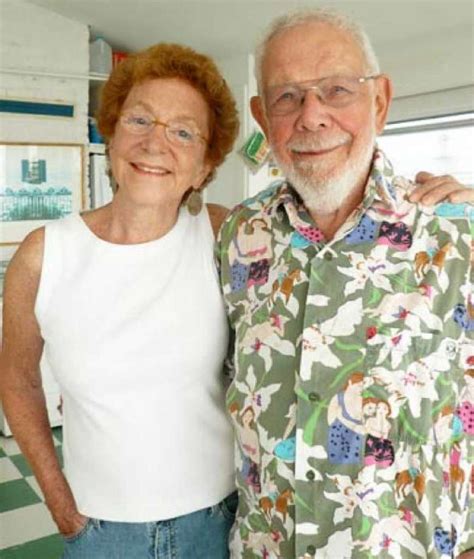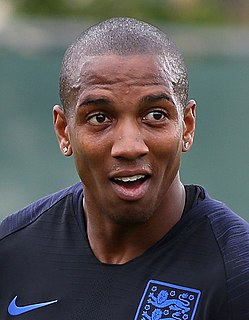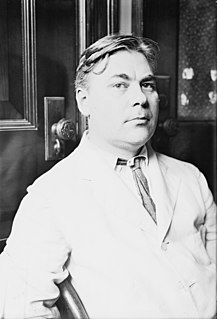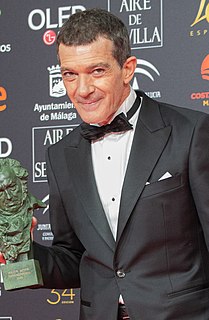A Quote by Rosa Montero
At any given time, if you live long enough, old age catches you . . . the only choices we have in life are either the impairment of old age or early death.
Related Quotes
In the beginning, there was no retirement. There were no old people. In the Stone Age, everyone was fully employed until age 20, by which time nearly everyone was dead, usually of unnatural causes. Any early man who lived long enough to develop crow's-feet was either worshiped or eaten as a sign of respect.
At any rate, that’s how I started running. Thirty three—that’s how old I was then. Still young enough, though no longer a young man. The age that Jesus Christ died. The age that Scott Fitzgerald started to go downhill. That age may be a kind of crossroads in life. That was the age when I began my life as a runner, and it was my belated, but real, starting point as a novelist.
We are born one time only, we can never start a new life equipped with the experience we've gained from the previous one. We leave childhood without knowing what youth is, we marry without knowing what it is to be married, and even when we enter old age, we don't know what it is we're heading for: the old are innocent children innocent of thier old age. In that sense, man's world is the planet of inexperience.

































